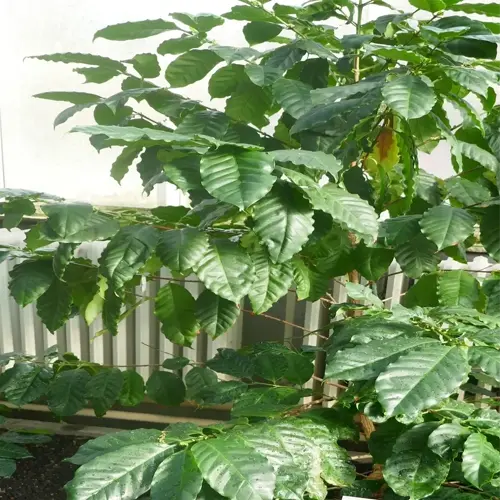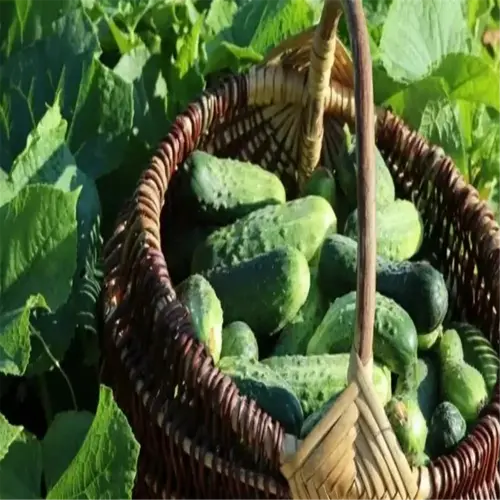Can corn be grown in containers or small garden spaces?

Written by
Tina Carter
Reviewed by
Prof. Martin Thorne, Ph.D.Containers for corn gardening allows urban growers to enjoy fresh and delicious ears with no need for an area of land to do so. I had a 'Golden Midget' crop in a container on my balcony last summer that, by itself, produced 12 ears in 15-gallon pots. There are three main requirements for this crop to succeed: pots with a good depth, nutrient-rich soil, and consistent watering - corn is notoriously thirsty and most first-time container gardeners are caught off-guard here.
Pot Specifications
- 18-inch minimum depth for root development
- 5 drainage holes to prevent waterlogging
- Use food-safe plastic or fabric grow bags
Soil Mix
- Blend 60% potting soil + 30% compost + 10% perlite
- Maintain pH 6.0-6.5 with dolomitic lime
- Add mycorrhizal fungi to boost nutrient uptake
When it comes to watering container corn, your watering practices need to be precise. Check the soil each day, inserting your finger and measuring about 2 inches deep; if the soil is dry - water. During tasseling, the plants can use about 1.5 gallons per day. I use self-watering containers with a 2-gallon reservoir of water, which prevents the plants from wilting in the afternoon sun. Straw mulch reduces evaporation by potentially 30%.
Early Growth
- Apply 10-10-10 at planting (2 tbsp/gal soil)
- Fish emulsion every 10 days until knee-high
- Foliar spray kelp extract weekly
Reproductive Stage
- Switch to 5-10-10 fertilizer at tasseling
- Add Epsom salt (1 tbsp/gal) for magnesium
- Discontinue nitrogen after silk emergence
Pollination difficulties are compounded in containers. Daily I need to hand-shake tassels over silks before noon. I use small battery-operated fans to create artificial wind. This trick in my 2023 trial resulted in 90% of the kernels forming vs. 60% from outdoor, passive pollination.
Read the full article: How to Grow Corn: 9 Essential Steps for Sweet Success

